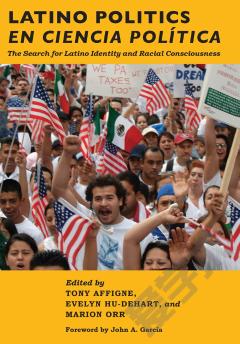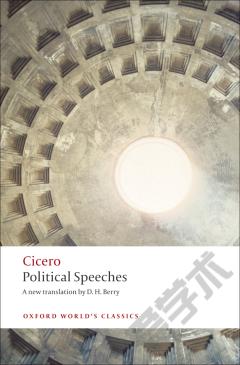Sound-Politics in São Paulo
In São Paulo during Brazil's post-dictatorship period, noise control became a recurrent controversy, and the ecological agenda against noise as a harmful pollutant has significantly reconfigured the presence of environmental sounds in the city. Sound-Politics in São Paulo argues that the framing of specific sounds as unavoidable, unnecessary, or as harmful "noise" has been an effective strategy to organize spaces and administer group behavior in this rapidly expanding city.
{{comment.content}}








 京公网安备 11010802027623号
京公网安备 11010802027623号